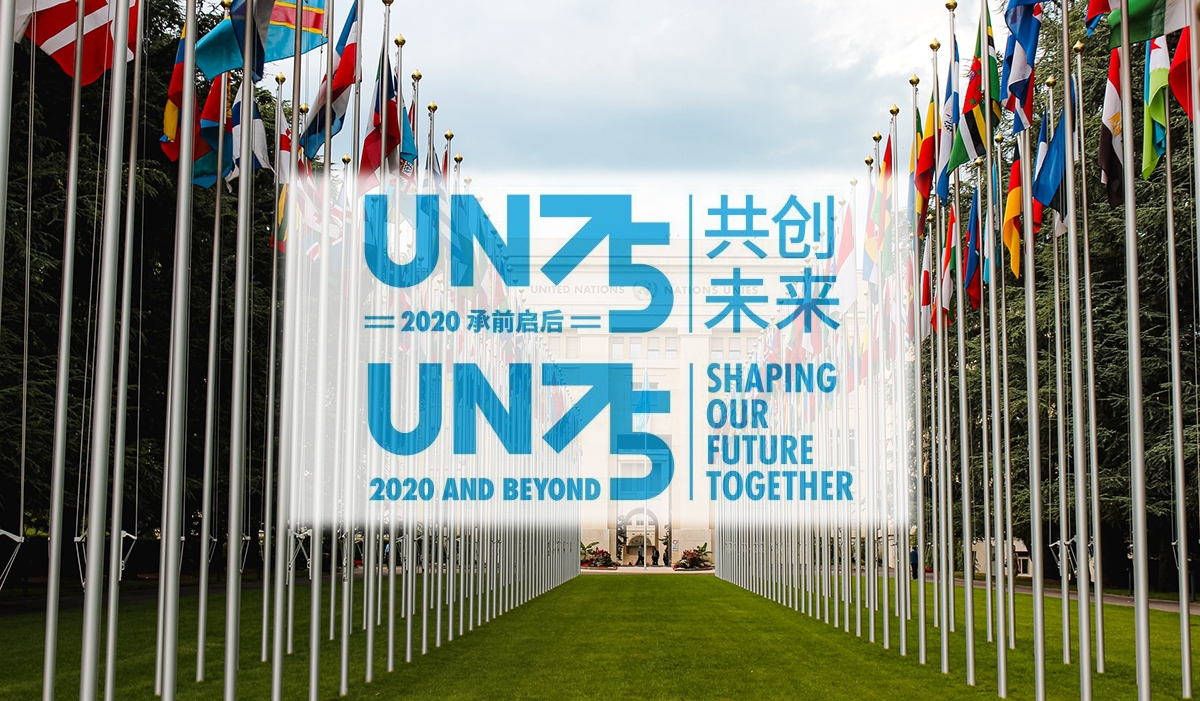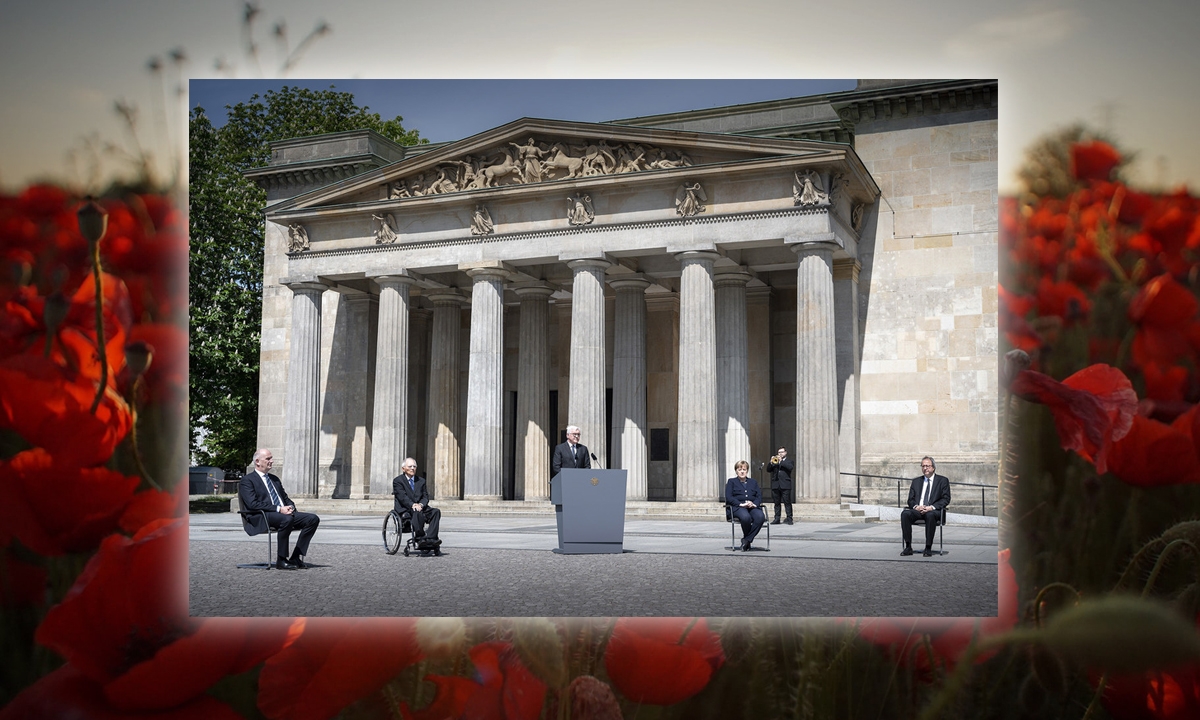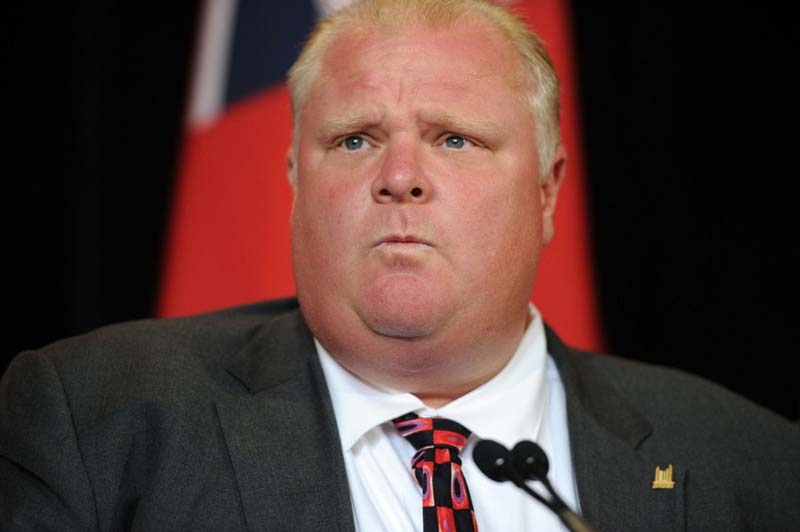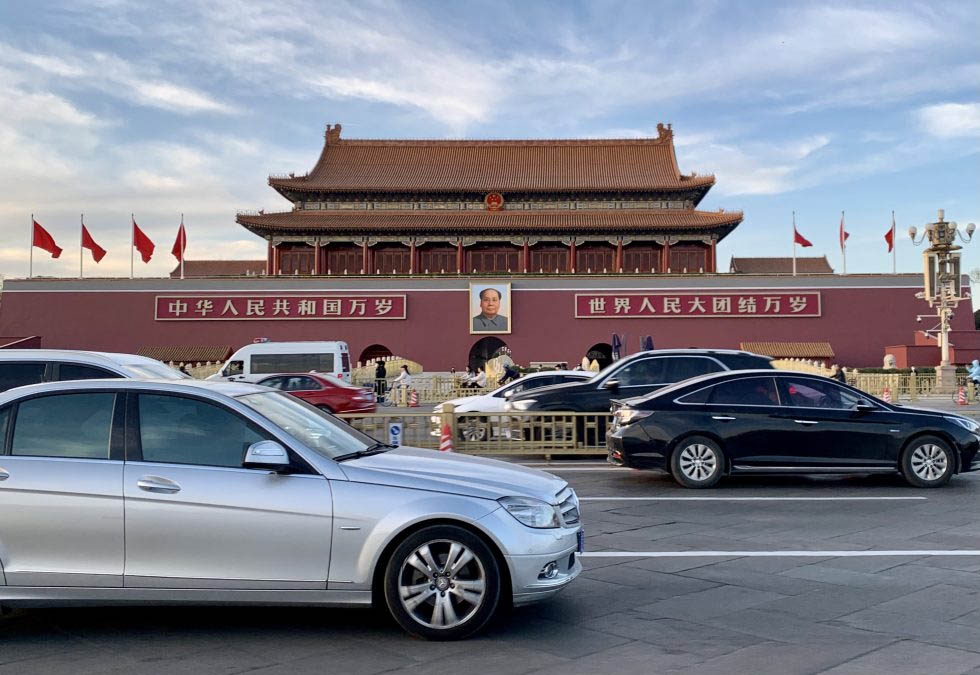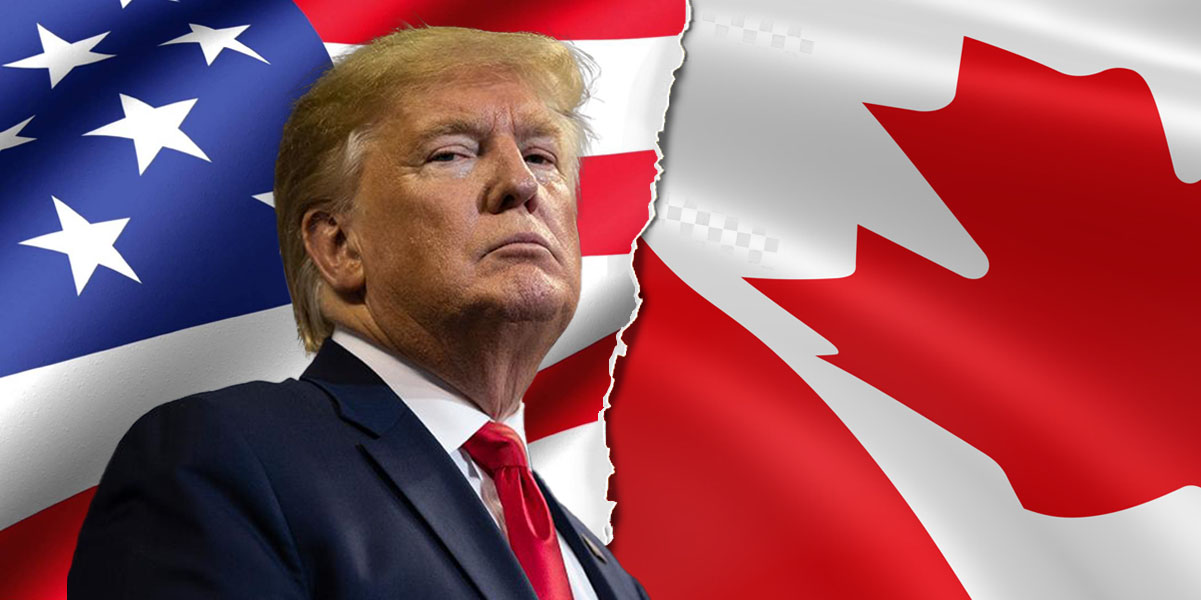
A Canadian Engineer’s Perspective on Navigating Trump’s Misguided Trade War
By Rory Harley P. Eng.
TRUMP’S TAFFIF PLAYBOOK
Donald Trump knows the U.S. is heading towards bankruptcy. To his credit, he took on the challenge of reducing debt while also trying to keep it as the world’s reserve currency and lower taxes. Trump is the first in a 50-year succession of presidents that has attempted to apply a tourniquet to stop the loss of America’s non-competitiveness by trying to return manufacturing to the U.S.
The playbook that Trump uses is based on a 2024 paper entitled, ‘A User’s Guide to Restructuring the Global Trading System, written by Scott Bessent, now the Secretary of the Treasury. In 2022, Bessent wrote: “President Trump’s most enduring achievement may have been to wake the United States and the world to the growing dangers of an ever-more-antagonistic China”.
At 40 pages, it’s a slog to read, but the proposal boils down to this: low tariff rates (starting around 2 percent) on all imported goods, applied in an orderly fashion. The idea is that exporting countries—not U.S. consumers—will ultimately bear the cost, devaluing their currencies in the process. In other words, America’s trade partners would pay for the U.S.’s failure to let its manufacturing dominance ebb away. The decline of American metalworking is a disgrace, and it’s a shame the U.S. never sought a coordinated effort with its allies to uphold Pax Americana.
Not only did the U.S. slap excessive tariffs that caught all the other countries off guard, but Trump also appears to enjoy grandstanding on his vacillating support for NATO and Ukraine and disrespecting the sovereignty of Panama, Denmark, and Canada.
As the expression goes, “Trust takes years to build, seconds to break, and forever to rebuild”. This is an extraordinary point in world history.
In his paper, Bessent states all supply nations would object to any tariffs but could be strongarmed due to U.S. might. His negotiation strategy didn’t consider Trump’s presidential actions, where the West now views America as untrustworthy.
HOW WE GOT HERE
When I was studying mechanical engineering in the late 1960s, the United States was the manufacturing envy of the world. China was stuck in its Cultural Revolution.
By the 1980s, China was reaching out and using World Bank loans to buy and study Western-engineered products. As the West obliged, the Chinese rise in industrial capacity mirrored the decline of America’s industrial belt.
Instead of the U.S. modernizing its metal manufacturing strength and pivoting its machinists and tool and dye makers to make computerized machine tools and robots, its manufacturing expertise mostly slipped into oblivion.
In 1985, to bolster American competitiveness, the then-five main industrialized countries agreed to the Plaza Accord to lower the greenback and assist the U.S. to better compete against imports.
The Berlin Wall fell in 1989, and both Gorbachev and the West hoped Russia would embrace capitalism. However, Russia’s riches were amassed by oligarchs, leaving most of their population poor and humiliated. Putin first tried to make Russia work with the West’s system but became hardened against it. The former Soviet states wanted to get away from the Russian Bear and sought protection under NATO.
By the 2000s, the Rust Belt was fully corroded, and the remaining U.S. manufacturing was primarily comprised of high-value products, chips, and defence products. America kept getting involved in expensive wars, Gulf 1 and Gulf II, then occupied Iraq and Afghanistan, but in lieu of raising taxes, borrowed money. Republicans first found this practice objectionable but did the same and further rang up U.S. debt.
China has now figured out how to make quality products cheaper than everyone else. American consumers keep buying them, and the U.S. government continues to borrow money to pay its debt. Trillions of USD sit under the control of the Chinese, and the situation is coming to a head.
UNDERSTANDING TRUMP THE NEGOTIATOR
I recall a business trip to Moscow in the 1980s. On my way to my hotel room, I passed an open door where men in blue work smocks were operating what looked like an ancient telephone exchange. It was, in fact, a Soviet intelligence listening station used for bugging rooms.
When Trump hosted the Miss Universe pageant in Moscow in 2013, Russian intelligence was likely engaged in its usual tactics of entrapment, making it hard to believe he wasn’t a target. However, blackmail only works on those who have a conscience and feel shame — Trump has shown little regard for such concerns. The most plausible reason for his admiration of Putin may be that once confronted with compromising material, he embraced it as a testament to his own prowess rather than a liability. If such recordings surfaced today, he might even monetize them—selling autographed limited editions, along with his bibles.
Trump’s handling of negotiations with Kim Jong Un was a misstep, largely due to his failure to manage expectations. The outcome only strengthened North Korea’s resolve to expand its nuclear program and may have further aligned its military interests with Russia in the conflict against Ukraine.
Trump’s callous plans for Gaza have managed to infuriate the Middle East. The cancelling of USAID showed the world’s richest country doesn’t care about the poorest and annihilated what little was left of U.S. influence in Africa and South America. That vacuum will be filled by China and Russia.
The world initially saw Trump’s first term as an anomaly. However, he was re-elected and is now even more concerning, surrounded by a cabinet of questionable figures.
Trump tore up the previously negotiated nuclear treaty with Iran in his first term. They learned what Canada and Mexico learned first, with Trump reneging on the USMCA; the United States can no longer be trusted.
Trump accused Zelinsky of risking the start of World War III. How could he? The Ukraine gave up its nukes in return for Russian and U.S. security guarantees. Trump’s withholding American support from Ukraine and keeping it on the brink of collapse will only embolden Putin. Showing destain for NATO will strengthen Russia’s long game. French and UK nukes, which a year ago seemed like needless proliferation, may now be the sole deterrent to keeping Russia from trying to reclaim all its former Soviet states.
The United States has demonstrated that Americans can elect a narcissistic government that cares little about the world around them. There is no master plan. Trump is not playing three-dimensional chess; he is a showman chasing headlines and fearing irrelevancy. The world has woken up to an unfathomable truth: America can no longer be relied upon.
Trump is correct in saying that Canada has failed to keep up its military spending. But FBI Director James Comey claimed that Trump acted like a crime boss, and all this is starting to feel like a security extortion racket.
NEGOTIATING WITH TRUMP
There are two kinds of negotiations. The first is where you have no ongoing relations between the parties, as when you sell a used car to someone that you will never see again. The second is where both parties feel the need for a fair deal because they will have an ongoing relationship. Trump views his opponents and other countries, like a casino contractor he is trying to stiff. There is no easy way to deal with Trump, but the following might help.
• Affirm Canadian Sovereignty as non-negotiable.
Trump views anyone who doesn’t cow tie to him as being disrespectful, and our border is arbitrary. Our border is written in the blood of those who perished in the War of 1812.
The notion of the U.S. Armed Forces invading Canada has been inconceivable for 125 years. Put this in terms the Americans will understand: the U.S. lost 23 servicemen the last time they overtook Panama, some 15,000 to 20,000 Americans died in the War of 1812.
The only way Canada will be governed by the U.S. is if it invades and manages to take control. That will end up costing more American lives than Vietnam, Iraq and Afghanistan combined.
• Discredit the belief that tariffs will cause short-term pain but will eventually make America rich
Canadian exports to the U.S. are mostly the raw materials that Americans use to make the things they produce. Higher costs will only make their products less competitive on world markets. Our steel and aluminum will never be made more cheaply in the U.S. A Ford-150, or a Boeing aircraft will just cost more. One cannot ‘onshore’ a potash mine, the oil sands, or Hydro-Quebec power.
Canada simply doesn’t make the vast range of quality consumer goods that Americans buy from China, which are cheaper and better quality than those made in the U.S.
Bessent’s approach is accepted doctrine by the current U.S. administration. It is as false as the Domino Theory, and that China would evolve into a democracy if allowed into the WTO.
If Trump had followed that gameplan in Bessent’s guide, with an orderly increase of tariffs and continued to appear a bedrock nation in a turbulent world, it would have prompted serious and meaningful talks that would have enabled the rest of the rest of the West to work together to support a U.S.-led effort to best rebuild its manufacturing industries and keep the U.S.’s dominant position.
• Don’t buy U.S. consumer products unless we must
Keeping U.S. booze off Canadian shelves and targeted tariffs on exports like motorcycles is the knife in a gunfight. Yet it is symbolic, and our habits can change to drink apple juice in the long term if it frustrates Floridians.
Canadians are already voting with their feet to keep their vacation dollars out of the U.S. Launch a social media campaign with ads reminding Canadians that vacationing in the U.S. is unpatriotic while also urging sun-destination states not to waste their money trying to attract us.
• Don’t buy U.S. military products from the U.S. unless we must
Canada and most of NATO have aligned our militaries to help America fight its distant wars with long-range transport aircraft, field medical hospitals, etc. Now, Canada has discovered that we can no longer count on the U.S. to provide the IP to keep the weapons that we have already bought from American defence contractors working. All F-35 customers are uncertain if some future Washington change of allegiance might cause them to be rendered ‘brain dead’.
Bessent’s paper proposed that the USD could use the weight of tariff applications to force other countries to buy or convert their Dollar holdings into U.S. treasuries, with interest payable only in 100 years, in exchange for the U.S. security umbrella. Yes, really!
Eisenhower feared the industrial-military complex. Now, it is the U.S. who just saw its president steer future sales to capable EU defence producers. The West is now scrambling to figure out how compromised their weapon systems might become by a self-serving and irrational president. Trump never connected the dots that his talk would tank the future sales of General Dynamics, Raytheon and Lockheed Martin.
Trump’s goal was to rebuild U.S. manufacturing, but his actions could not have been more precise in targeting the demise of what’s left of the American metal-forming industry. The cost of the F-35 was amortized because so many air forces were buying this jet. Decreased order books will now significantly raise the burden on U.S. taxpayers.
The fact that Trump has been able to remain isolated from U.S. defence lobbyists shows how removed and misguided this administration is.
• Discredit Trump that the U.S. does not need Canada
Canada and the United States are mutually dependent. We need them; they need us, but Trump won’t recognize this fact.
When Ontario Premier Doug Ford made his electrical threat, he unsettled the U.S. stock market because asymmetric threats induce chaos, but any response will likely be unpredictable and draconian towards Canada.
Likely, provincially generated electrical power is the only commodity we sell that is politically controlled. The vast remainder of our exports fall under private company supply contracts.
Canada should conduct itself as the adult on the continent. There is no reason why we should not be able to take a page from Bessent’s guide and apply a reasonable export surcharge, on targeted products and sectors.
Pick farming, for example. Add a three percent surcharge in USD onto animal feed, sawdust (used in cattle barns) and potash, to the various supply contracts for their next billing cycles. Then warn of an additional surcharge on subsequent delivery/billing cycle. Slow down the rhetoric so the involved parties, the supply companies, the associations, the politicians, and the farmers themselves can adjust and better predict the impact. It won’t be fast, but it will be logical, reasonable, and exponential, and the effects will be forecastable.
• Deny Trump his Spectacle
Traditional Canadian diplomacy and media are ill-suited to deal with Trump. Demonstrably call out Trump’s lies and half-truths. Put the Canadian position in terms American voters will understand.
Deny Trump an audience and speak, as Trudeau did, directly to the American people, with the message that all Americans are going to be hurt by this trade war.
Every leader that goes to Washington ends up in the White House in front of the cameras, and when they look compromised and controlled. They have entered a circus where Trump is the ringmaster.
Every leader who submits themselves to Trump’s siren call ends up losing respect and looking like Neville Chamberlain. Churchill didn’t need to meet Hitler; he had just read Mein Kampf.
CANADA AND THE EUROPEAN UNION
Closer ties with Europe are the logical choice, and the right to work and live there would be a generational benefit for Canadian grandchildren.
The quid pro quo in this relationship will be a supply of Canadian energy, allowing the EU to ween off Russian oil and gas. But it’s way more complicated than just running pipelines to Canada’s east coast.
For starters, gas will come from increased fracking, which is tough on the landscape.
The more significant and less publicised issue is bitumen crude, which is very thick (viscous) and heavy. To pump it in a pipeline, it must be diluted with lighter distillates, and if it spills in fresh or salt water, it sinks. The EPA identified these characteristics after a pipeline rupture in Michigan after bitumen crude ran into the Kalamazoo River, the distillates evaporated, and the bitumen crude sank. Enbridge spent millions cleaning up the river bottom.
Prior U.S. administrations did not approve the Keystone Pipeline because of the risk it would forever contaminate the huge Aquiahilla Aquafer, and why Canada has prepositioned tugs in the Jan de Fuca Straight to ensure an engineless tanker taking oil from Trans Mountain Pipeline can be kept from running aground. Any oil spill is a disaster, but bitumen crude will destroy any river or sea bed it touches. If it can’t be cleaned because of depth, it will be an irreparable environmental catastrophe.
The way to make bitumen crude safer is to refine or ‘crack’ it in Alberta before it goes into a pipeline. Oil executives claim it is too expensive, but those views are probably from Americans with a vested interest in refining our bitumen crude on the U.S. Gulf Coast.
Study is required, and a pipeline to Churchill might make more sense in lieu of one to the East Coast. Perhaps it would be best to build a nuclear reactor in Alberta to reduce the large greenhouse gas emissions required to extract oil from the sands.
All those extra infrastructure costs will affect profitability. Oil price is a fundamental component of national competitiveness, and thus, Canadian participation in the EU will likely depend on who will pay to build such infrastructure via long-term supply contracts.
CLOSING
Canada has a trade war because President Trump seized on the idea that tariffs would provide an elixir to keep the USD strong, taxes low, and fix the deficit and trade imbalance, all while being paid for by other countries.
Had the U.S. approached the situation diplomatically—perhaps minor arm-twisting with low tariffs and the threat of increasing them—Canada and other Western nations might have engaged in structured, meaningful negotiations. Together, we could have reached an agreement to restore some of America’s manufacturing prowess, given that China has fully taken over as the world’s chief maker of things.
Canada may reestablish some form of reasonable cohabitation with the U.S., but the bond of trust has been broken and can never be fully restored. We have become just another unpaid casino contractor—and soon, the rest of the world will learn the same hard lesson.
This all started with a perfectly reasonable objective to try and return metal manufacturing losses in the U.S. However, Trump’s actions will expedite the opposite, and no country would ever want to buy weapons from someone they cannot trust.
The hope is that the U.S.’s major trading partners will sign Scott Bessent’s guide, also known as the Mar a Lago Accord. Fat chance of that now happening. America’s ‘best and the brightest’ got the U.S. into Vietnam. The hubris of this current lot is expediting the end of Pax Americana.
Perhaps the best metaphor for this madness is the Disney classic, The Sorcerer’s Apprentice, with Scott Bessent as the sorcerer, whose cap has magical powers. Trump is the buffoon Mickey apprentice, who gets hold of the sorcerer’s magic cap to try to Make America Great Again, but instead of carefully applying tariff-measured doses, has unleashes the uncontrollable brooms and water buckets on world order, causing incalculable harm to all Americans and the rest of us.
Too bad the Americans can’t fire this apprentice for another four years.

